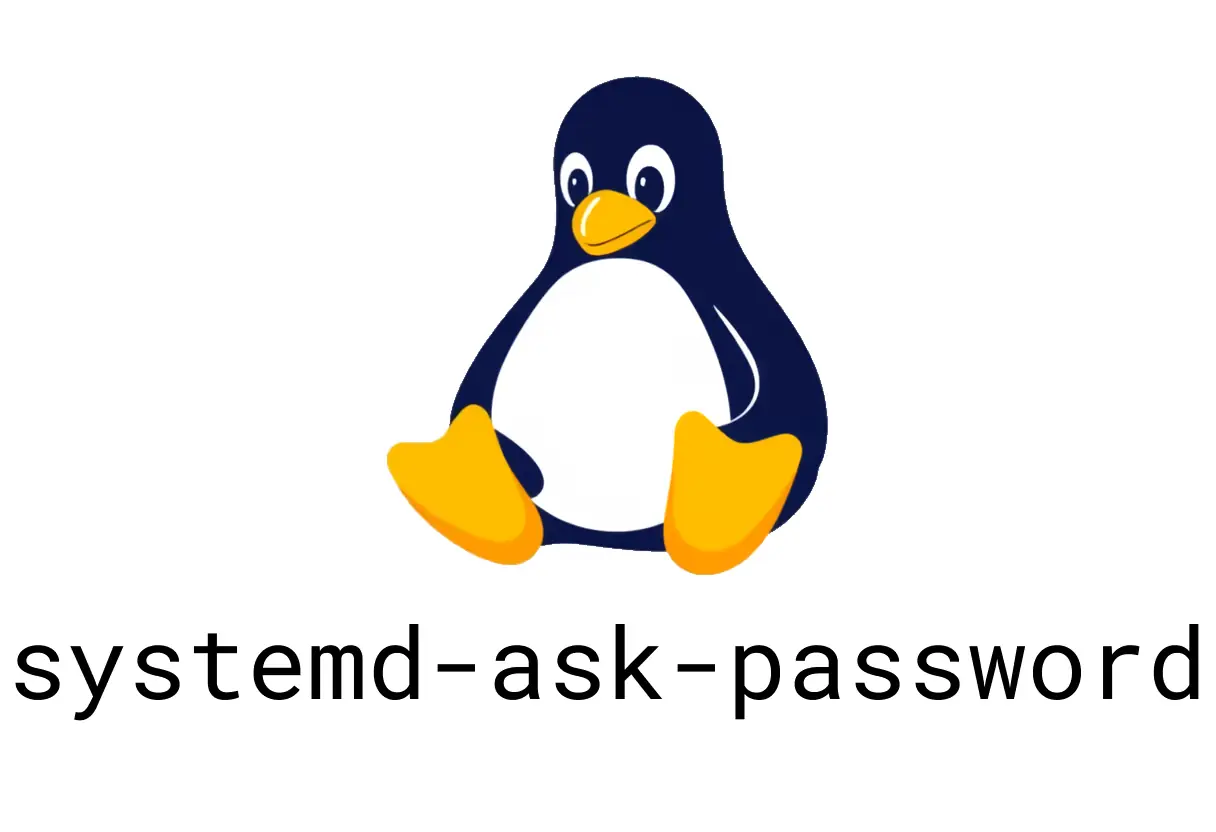
systemd-ask-password: Interactive password prompts
systemd-ask-password is a small utility from systemd that asks the user for a password or secret via the current terminal or an agent. It’s handy when a script or service needs a password without exposing it in logs or environments.
Basic usage
- Query a password with a custom prompt:
systemd-ask-password "Enter your password:"This prints nothing to stdout by default and returns the password on stdout when run in a pipeline or script that can capture it.
Useful options
- Specify an identifier for the password query:
systemd-ask-password --id my-service "Enter password for my-service:"Identifiers help correlate multiple prompts or cancel flows in complex scripts.
- Use a kernel keyring cache for the password:
systemd-ask-password --keyname my-service-key "Enter password for my-service:"The entered password is stored in the kernel keyring under the given key name for reuse.
- Set a custom timeout (in seconds):
systemd-ask-password --timeout 30 "Enter your password:"If the user doesn’t respond within the timeout, the command exits with a non-zero status.
- Force the use of an agent system and never ask on the current TTY:
systemd-ask-password --no-tty "Enter password:"This prevents prompts on the current terminal and relies on an existing agent.
- Store a password in the kernel keyring without displaying it:
systemd-ask-password --no-output --keyname my-service-key "Enter password:"This hides the entered password from any accidental terminal echo.
- Pass the asked password to another program:
systemd-ask-password | some-commandThe password is written to stdout and can be consumed by another process.
- Display help:
systemd-ask-password --helpCommon pitfalls
- Output capture: If you directly run systemd-ask-password in a script without capturing stdout, you might not get the password. Use command substitution or capture in a variable, e.g.
pw=$(systemd-ask-password "Prompt:"). - Terminal vs. agent: If you rely on an interactive TTY, ensure the process has terminal access. If using —no-tty, you must have an agent available.
- Security: Avoid exposing passwords in shell history or logs. Prefer —no-output when storing in keyrings or when piping to other commands that do not require visible secrets.
- Timeouts: When setting —timeout, consider user latency and potential automation environments where prompts must fail gracefully.
Quick examples
- Prompt with an ID and timeout, then reuse the password:
systemd-ask-password --id deploy-tool --timeout 60 --keyname deploy-key "Enter password for deployment:"- Use as part of a script to unlock a service and run a command:
pw=$(systemd-ask-password --id unlock-service "Unlock service password:")
if [ -n "$pw" ]; then
echo "$pw" | some-service --unlock
fiWhen to use systemd-ask-password
- When a daemon or long-running script needs a secret at runtime without embedding it in scripts.
- When you want to leverage the kernel keyring for caching secret data securely.
- When you need a straightforward, POSIX-friendly interface to ask for user input with optional features like timeouts and TTY control.
Alternatives and related tools
- gnome-keyring or kdewallet for GUI password prompts (not suitable for non-GUI or headless servers).
- ssh-agent or gpg-agent for cryptographic keys and passphrase caching.
- tldr for quick command references (you may see a note like: update needed).